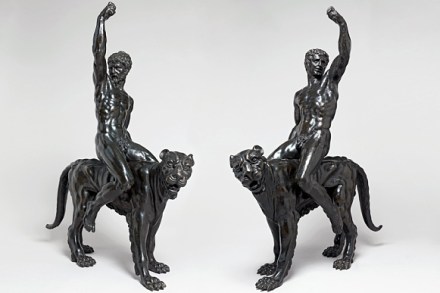Bolivia
for Lucy Dallas Because they wanted to go home and some bit part, a rat in deep cover, raised the alarm (he had done harm himself, but legally, and hid his shame) or, falling in slow motion, the cashier, shot through the heart for moving a finger, reached with his last breath for the dead guard’s Peacemaker and returned fire – because of this taped riot I’m here watching the sun dance to our own live show, few words between us and the telling air, the sum of what was not but is now clear, how Redford in his larcenous prime loved Katharine Ross the schoolteacher and there was time


















